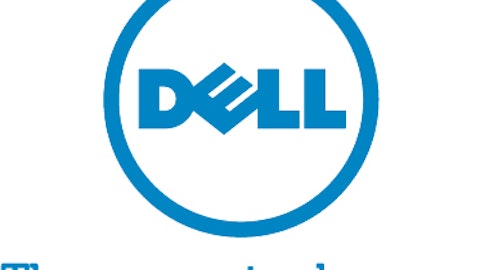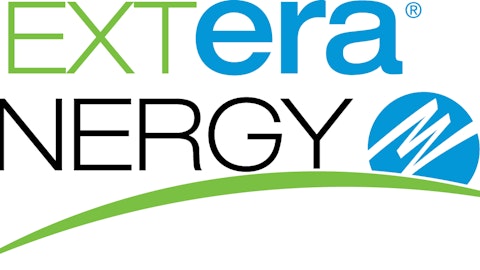One of the biggest benefits offered by The Boeing Company (NYSE:BA)’s 787 Dreamliner is reduced fuel usage. Using advanced materials to save on weight is part of what makes that possible. General Electric Company (NYSE:GE), Hexcel Corporation (NYSE:HXL), and Cytec Industries Inc (NYSE:CYT) are working on making planes even lighter.

A Dreamy Airplane
The Boeing Company (NYSE:BA)’s 787 was a revolutionary concept because it used materials like carbon to save on weight. That, among other advances, allows the plane to use 20% less fuel than similarly sized aircraft. That’s a huge difference in an industry where fuel is among the highest and most variable costs. For example, in the first quarter of 2013, U.S. Airways spent $271 million on fuel.
That’s a run rate of over $1 billion a year. If the company’s fleet were to switch overnight to 787s, it would save $200 million on fuel. Those savings would fall almost directly to the bottom line and amount to something near a dollar a share. Of course such a switch couldn’t happen overnight and would come with notable debt or lease expenses, but you can see why airlines have been lining up for the plane despite the many production delays and battery concerns.
Composites
Hexcel Corporation (NYSE:HXL) and Cytec Industries Inc (NYSE:CYT) are both leading the charge on composite materials. Hexcel Corporation (NYSE:HXL) produces carbon fiber, structural fabrics, honeycomb, prepregs, film adhesives and sandwich panels, and composite parts and structures. It is among the leaders in most of these areas. The company claims that its materials “are used on virtually every commercial and military aircraft produced in the western world” and in such mundane items as tennis rackets and golf clubs.
Since 2009, the shares of gone from the low single digits to over $30. However, revenues and earnings have both headed higher from that point, as well. Although the trailing price to earnings ratio of around 20 suggests that shares aren’t cheap, neither are they overpriced for a company that looks to be on the cusp of a revolution in the way planes are built.
Cytec Industries Inc (NYSE:CYT) describes itself as a specialty materials and chemicals company that develops and makes “value-added products.” Its products are “formulated to perform specific and important functions for our customers.” Key markets include aerospace, structural adhesives, automotive and industrial coatings, electronics, inks, mining, and plastics.
The last two years have seen a great deal of change at the company. It divested its Building Block Chemicals business and sensitive adhesives product line, and agreed to sell its Coating Resins business. And it acquired Umeco, a provider of advanced composites and process materials that augmented its position in the aerospace market. So, historical comparisons are difficult to make. That said, earnings in 2012 were over $4 a share, so the company is in fine financial shape. However, the trailing P/E is nearly 50, so expectations are high here.
If the broader airline industry starts to embrace the same building methods that Boeing is pioneering, then these two companies could quickly see revenues accelerate. To this end, Cytec Industries Inc (NYSE:CYT) has deals with Boeing, Bombardier, and Commercial Aircraft Corporation of China, a country known for pushing the envelope on growth.





